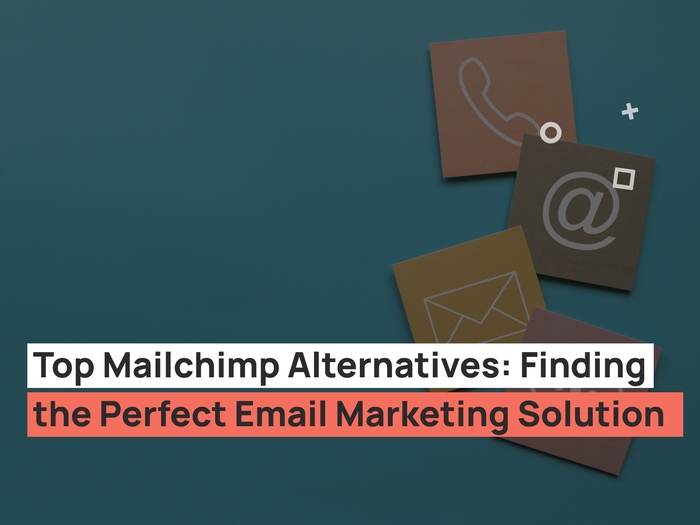Based on 49% of marketers, organic search has a better return on investment(ROI), while 19% prefer using paid search.
If you are having a hard time driving organic traffic to your website, well, you’ll be shocked to find that you are not alone. Organic traffic is the best way of attracting people to your site without breaking the banks.
So, if you are looking for ways on how to grow your organic search traffic, then you’re in the right place.
By the end of this article, you’ll have learned the various ways to increase traffic and SEO techniques to help you rank in SERPs.
So, here we go!
So, What Is Organic Search?
Organic search is the results that appear on the search engine and are not influenced by paid efforts like sponsored ads.
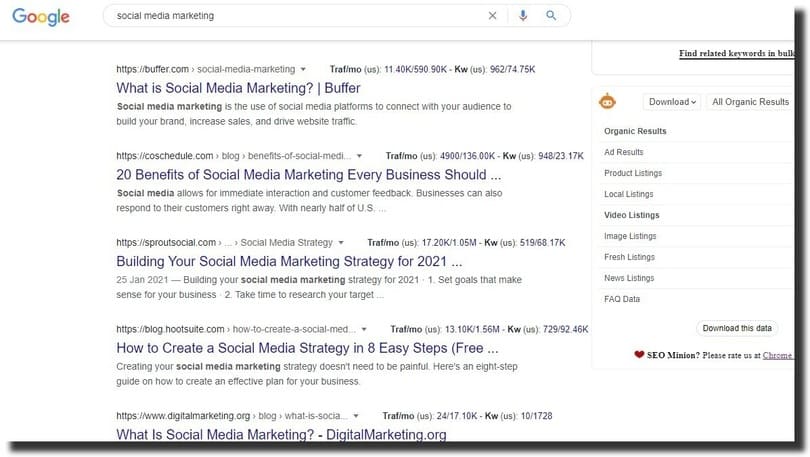
As a marketer or business owner, driving traffic to a website and increasing online sales is a top priority. But, it is not always that easy. Lucky for you, we have a list of several ways you can use to increase organic traffic.
Organic search can also be referred to as natural search. For instance, a user clicks on a search engine and searches for ways on how to increase SEO visibility. Multiple results will be displayed.
Also, if the user searches for the pros and cons of using social media, the search engine results page will display different results.
Google displays ten results on each page. The organic search results appear after a user enters a query. Organic traffic is crucial when driving traffic and generating leads.
How To Increase Organic Search Traffic To Your Website In 2021
Have you been looking for ways of increasing traffic to your website? Check out the tips below.
1. Optimize your content with keywords
As a digital marketer, you need to optimize your content with keywords. You can use short-tail or long-tail keywords. Long-tail keywords increase the chances of web content ranking higher on SERPs.
How can you use a long-tail keyword? Let’s say you’re ranking for the keyword – digital marketing. A long-tail keyword to use is digital marketing for small businesses. As such, it maximizes the chances of matching a user’s query and ranking on the first page in Google.
2. Improve your click-through rate (CTR)
The Click-through rate is the number of clicks to your website. After the search engine displays the results, the users click on the ones that appeal to them most.
Ways of increasing the click-through rate to a website are:
- Add a meta description that has a keyword.
- Include the keyword in your title tag.
- Make use of several headers.
- Publish high-quality content that has value to the reader.
The higher the CTR, it alerts Google that your content offers value, and as a result, it increases your website ranking.
3. Make use of Guest Posting.
Guest posting is publishing a blog on a third-party website. Guest blogging helps in driving a website’s traffic. Start by researching for a site that is within your niche.
Get ready with the links to the topics you want to promote. Make sure that the resources offer value to the people reading your content. Guest posting is one of the ways to use when you want to increase organic search traffic to a website.
4. Minimize the bounce rate
One of the major headaches for marketers is the bounce rate. The higher the bounce rate, it alerts Google that the audience is not interested in your website, which affects your ranking.
You do not want users to bounce off without clicking on other pages within your website. You can use Google Analytics to check and minimize your bounce rate.
5. Create High-quality content
Content is crucial in any form of marketing. Whether you are running an eCommerce store, web design, blogging or promoting ads.
For instance, with eCommerce, make sure you include a detailed description of the products. When it comes to the blog section, publish long-form content that gives value to your audience.
Make sure that you are optimizing the content for the search engines and users. Also, include keywords, images, and use simple wordings.
One of the tips for writing quality content is creating a buyer persona. Make sure that you understand the various stages of your buyer’s journey. You do not want to publish content for the sake of ranking.
Your audience can share the content, thereby increasing the organic traffic to your website.
6. Use social media
Social media is not for large organizations only. Small businesses also need to make use of the platform. Depending on your business, you can either be on Instagram, YouTube, Facebook, LinkedIn, or Twitter.
The social media platforms are free and have over 3.6 billion users. With so many people using social media for varying reasons, businesses need to take advantage and reach out to their online audience.
Before publishing a social media post, include a clickable link to your site. Your audience may end up clicking on it. As more users continue to click on a site, they may end up converting.
7. Implement paid advertising
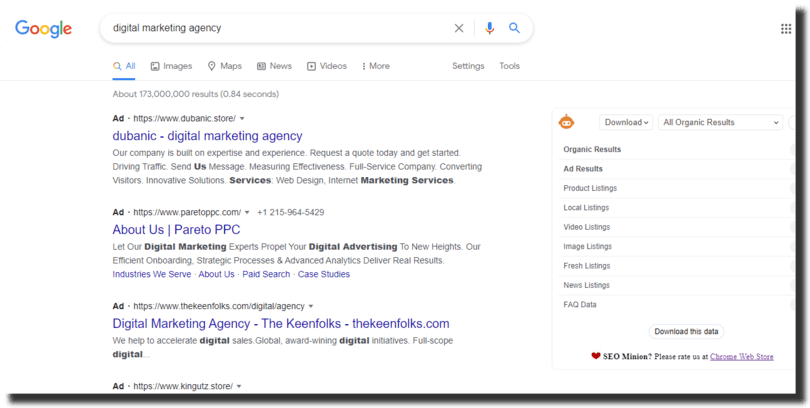
Paid advertising drives traffic to a website faster. You can run a paid ad on a search engine, that is pay-per-click, retargeting, and social media advertising.
Social media ads can either be display ads or sponsored ads. For instance, LinkedIn, Instagram, and Facebook ads.
To track the actions of the user after clicking on a Facebook ad, make sure that you have a Facebook pixel set up on your website. It helps in monitoring the user activities and it’s easy to set up.
8. Pay attention to your On-page SEO
On-page SEO increases website visibility in an organic search. It means that your site can appear on Google’s first page.
Optimizing a WordPress website is easy. With the Yoast plugin, you can optimize your website to meet the SEO guidelines. Here is how to go about On-page SEO:
- Write a keyword-rich, meta description.
- Create a title tag.
- Include your target keyword (long-tail or short-tail) in the first paragraph of your article. Also, distribute the keyword throughout your blog.
- Include external and internal links.
- Uploading images to a website. Optimize each image to enhance the website speed. Make sure that you also include alternative text to the images.
With on-page SEO, your website can rank on the first or second page in Google. It works the same in eCommerce sites. But with eCommerce websites, you use the Woocommerce plugin.
9. Enhance the website structure
Worried that you do not have the technical skills to design a website? Consider hiring a web development agency. The reason why you may consider working with an agency is to have quality for your investment.
A simple website structure helps your audience to navigate through the website. To enhance your website structure, make sure that the most important pages are not further away from your homepage.
For example, if you are using Shopify to design an eCommerce website, make sure that the product page is accessible from the homepage.
The site structure can increase or lower your website authority. Not only does it help with user navigation, but also helps with Google indexing and ranking.
Website crawling is a ranking factor that Google uses to rank your website in an organic search. The reason being, Google understands your website content. Therefore, if you want to increase your search traffic, make sure that your website is simple to crawl and navigate. You can check our guide on tips to create a WordPress website.
10. Include quality backlinks
Backlinks can drive substantial traffic to a website. But, how do you attract other relevant sites within your niche to link you? There are two ways. Let’s have a look at the two of them.
First, you can request other websites to link back to you. Although it can be a long and slow process, it may end up driving organic traffic. Besides, you can also link to other websites within your niche.
The second option is to create quality content that will attract other site users to link to. It will not only bring you referral traffic but also boost site ranking.
Backlinks are a ranking factor when it comes to SEO. It means that you have relevant content that users are interested in. It also shows that you have authority within your niche.
Before you link to a site, make sure you check its domain authority. One of the free tools to use is the domain authority checker by Moz.
11. Optimize your website for technical SEO
Technical SEO is about optimizing the website architecture. It is one of Google’s ranking factors and helps increase your organic search traffic.
It helps in monitoring the page speed, security, responsiveness, crawling, XML sitemaps, structured data, duplicate content, redirects, etc.
While some of these factors enhance the user experience, they also help search engines to crawl your website. A website should be fast, easy to use, and simple to navigate.
Search engines will crawl your site before presenting users with the results. If you want to rank on search engines and increase organic search traffic, consider optimizing your site for technical SEO.
12. Include social media buttons on your website
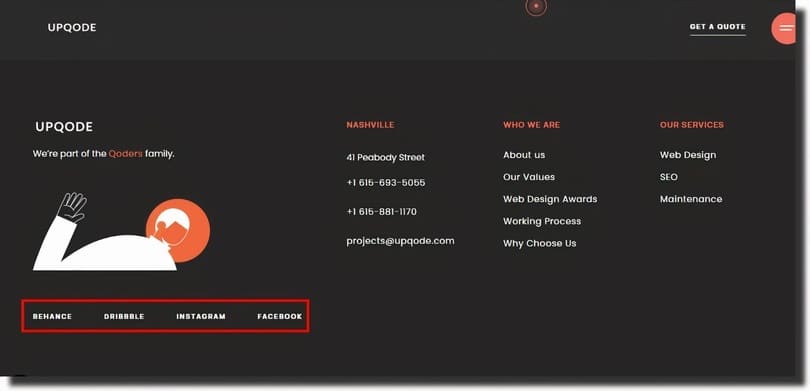
To make it easier for your audience to share content from your website, consider having social media buttons on your site. A very common example is the ‘retweet this’ button.
If the user clicks on this button, they can share the post on their Twitter accounts. Also, you can include other buttons like Facebook, LinkedIn, Pinterest, or Instagram.
When someone shares your website content to their profiles, other users may be interested and end up viewing your site’s pages. As a result, it can increase the organic search traffic to your website. Alternatively, you can ask users to share the content from your website.
13. Optimize your website for mobile use
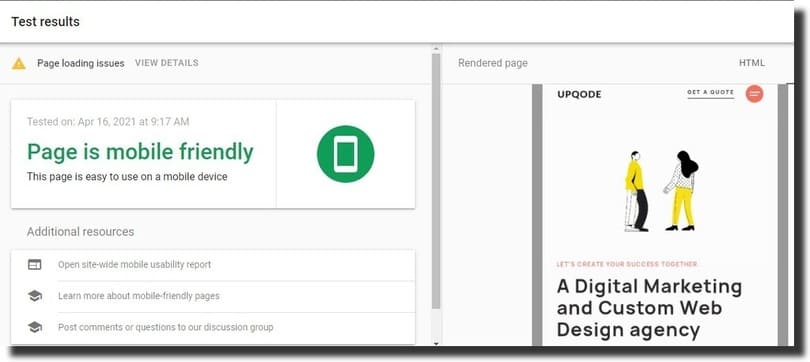
According to a research by Medium, 85% of web pages are mobile-friendly. A mobile responsive website, can increase clicks and improve ranking on SERPs. As a result, it ends up increasing the organic search traffic.
Since a higher percentage of people rely on their mobile devices, it means that your website should also be optimized for the mobile view. One of the free tools that help check if a site is responsive is Google’s mobile-friendly test.
14. Have promotions and offers
We all love discounts and offers. As a marketer, you can promote offers on social media and a website.
For example, as a web design company in Nashville, you have an offer for your clients. You are offering free hosting for users who are interested in WordPress website services.
If the user searches for web design companies on the internet, your website can be part of Google’s search results. If it makes it to the first page in Google, users can click on it and thereby increasing your site’s visibility.
Offers and promotions are a quick way to increase organic search traffic to a website.
15. Create internal links
Internal links create a relationship between your web pages. Users can easily navigate your blog section and view other relevant articles.
When creating internal links, be careful not to link to content that does not relate to the current topic. Internal links promote other articles that the user may not be aware of. If you can do it right, they can increase the organic search traffic as well as drive conversion.
16. Work with Industry influencers
Influencer marketing is one of the digital marketing trends. As a marketer, you need to identify influencers who are willing to work with you to realize your marketing goals.
Influencers reach a large audience than your organic efforts. Collaborating with industry influencers helps to promote your products, services, promo code, giveaways, or discount codes.
For instance, you have a new product that your competitor is offering. With an influencer, you are likely to attract prospecting clients and increase conversion.
Followers from the influencer’s page may end up searching for the product or service. As a result, it increases the organic search for your website.
17. Consider using SEO tools.
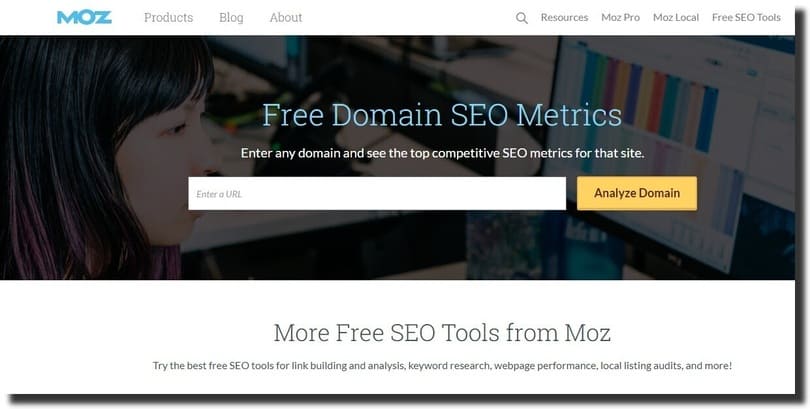
SEO tools can be premium or free. Search engine optimization improves ranking and visibility on SERPs. Optimizing a WordPress website is easier when using a plugin like the Yoast or Woocommerce plugin.
Other SEO tools to use are SEMRush, Ahrefs, and Moz tools. Moreover, these tools help to audit your website and enhance the user experience. In addition, you can use them to research keywords and content ideas.
18. Be relevant
Publishing relevant content can increase the organic search traffic to your site. Before you publish content, ask yourself, is it relevant for the target audience? If you have an eCommerce website, how relevant is the content on the product or category page?
The content of your website needs to be relevant to the audience. Publishing high-quality content regularly will attract new visitors and drive traffic to your site.
19. Blogging

As a marketer, you need to pay attention to the blog section of the website. Blogging is publishing long-form or short-form content on a topic within your niche.
With a blog, you can publish a variety of topics like how-to guides or informative articles. Before you implement blogging, make sure you start by defining your goals.
Having a goal helps to publish content that gives value to the readers. Blogging improves organic search when a user searches with a keyword that you’re already ranking for.
20. Optimize content for a featured snippet
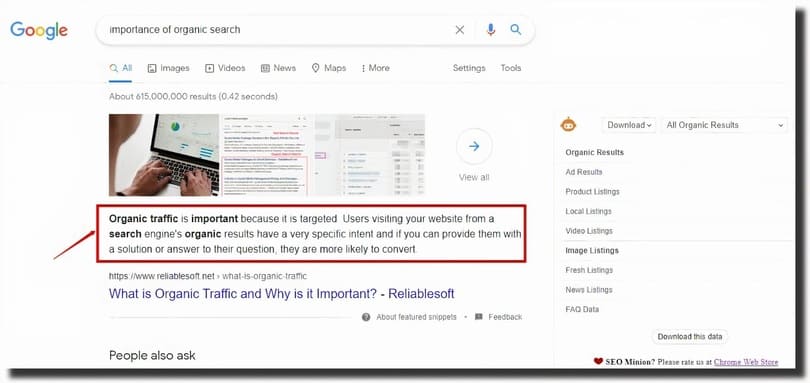
A featured snippet is a content that appears on Google’s search results and gives an answer to the user’s query.
It increases the chances of a user clicking on a site in organic search results. For your website to be eligible for the featured snippet results, you need to consider implementing structured data. A featured snippet can be a table, numbered list, or definitions.
21. Implement the use of videos
Human beings are visual. Videos get a higher engagement compared to text-based content. You can publish videos on YouTube then share the snippet or link to your website.
With the advancement in technology, you can increase your organic search by using Instagram and Facebook Live. If, for example, you are in the eCommerce niche, you can teach your clients how to use a product in a social media live session.
Also, you can create how-to videos, and share tips. Most users prefer listening to a video rather than reading chunks of text.
22. Optimize your content for user intent
Before a user clicks on a website, they will first carry out a search on a search engine. Optimizing your site with the right keywords can maximize clicks and attract visitors.
Now, this does not mean that you pick every keyword that is within your niche. You need to take time and do keyword research first.
A user will perform different types of searches on the internet. These are:
- Navigational: this is a type of search a user does when navigating to a particular website.
- Transactional: a search that a user does before taking a commercial action. For example, how to buy a domain.
- Informational: a type of search that helps the user gather knowledge about something. For instance, how the YouTube algorithm works or how to get an ADA certificate.
As a marketer, understanding the types of search helps to optimize content to meet the user’s needs.
23. Repurpose content
If you are struggling with topic ideas, don’t worry. You can reuse published content. Check the content on your site and identify the best-performing blog.
You can repurpose the content by either creating a video or podcast. Reusing old content helps to drive traffic to your website.
24. Monitor your competitor
So, do you want to discover valuable information about your competitor? Is your competitor performing better than you? Which keywords are they ranking for?
It is very easy to collect this information. There are various softwares available in the market to use. An example of such a tool is Similarweb. It helps in monitoring the competitor’s traffic.
With the information you collect, you can use it to make better marketing strategies and realign business goals.
25. Implement email marketing

Email marketing is about sending emails to your subscribers. An example of a tool to use when sending emails is Mailchimp.
With email marketing, you can drive traffic to your website and maximize conversion. As you forward the emails, make sure you do not spam the subscribers’ email inboxes.
An example of how you can use email marketing is after publishing a blog post or promoting an offer. When it comes to eCommerce, an email marketing strategy helps to recover abandoned carts.
26. Audit your website
A regular website audit helps to fix issues that can easily hurt your SEO and organic traffic. As a marketer, it helps to solve problems as they arise.
There are several tools to use when auditing a website. An example is Crazyegg. Depending on the software you choose to use, make sure that your website is optimized for performance and user experience.
27. Use attractive headlines
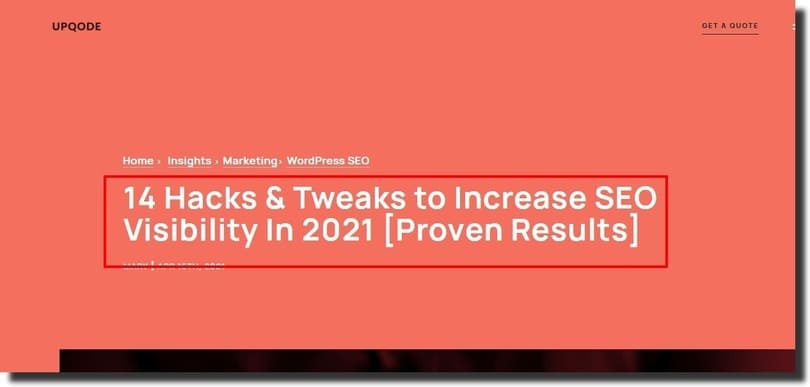
A user will read the headline first before proceeding with the rest of the content. In fact, most people skim through a post. To attract readers to your blog post, make sure that you have attractive headlines.
One of the tips to use when writing headlines is to include a keyword. Also, make sure that it is user-centered and makes a promise to the reader.
Benefits of Organic Search Traffic
Based on the organic search definition, it is mostly generated from unpaid sources. It helps to increase a website’s organic search engine rankings.
So, what are the pros of increasing a website’s organic traffic?
1. Cost-effective
You do not have to stretch your budget to generate organic traffic. It does not require heavy SEO investment like paid strategies, buying software, or consistent ads.
2. Attracts visitors to your website
With websites, you need to monitor how you are using keywords. You can use free software to check the most relevant keywords within your niche.
Your website can increase visibility on search engines if it ranks for the right keywords. As you keep an eye on keywords, make sure you also publish high-quality content.
3. Organic search traffic improves user experience.
As a web developer or marketer, you want your users to have an easy time using a website. The user experience works for both SEO and website users.
If a user spends time on your site, it alerts Google that your website is easy to use. As a result, this improves ranking, which in turn increases the organic search traffic to your site.
4. It increases your competitive advantage.
Organic search traffic can help you dominate your niche. If your website ranks on the first page of a search engine, more users are likely to click on it.
You can also use software to monitor your competitor’s moves. If you are able to maintain the top position, it can be difficult for your competition to beat you.
5. Organic search traffic helps you adjust your marketing strategy.
As a marketer, having a strategy helps you achieve your business goals. For instance, you can use content marketing, social media, or paid ads to increase organic traffic.
Website users are different, and it means that you need to be diverse with your marketing strategy. It will help you attract visitors and generate leads.
6. Increase conversion rate
Organic search traffic can increase online conversion. If a user gets a solution from your website, they are likely to visit your site more often.
What your users need is value. If they can get whatever they want from your site, they are likely to convert. An example is, let’s say, a user is searching for WordPress plugins.
In your blog section, you have published an article on this topic and using the same keyword. If a user types in the keyword on the search engine, your site is likely to appear on SERPs.
7. Organic search traffic increases your credibility.
Unlike paid ads, organic search traffic increases the credibility of a website. Most internet users do not click on the sponsored ads.
The user will scroll down the page for the organic results. Now, this is where credibility comes in. If you have the solution to the user’s query, the client is more likely to convert.
Final thoughts,
Don’t get lost between organic and paid search. There is a difference between the two. Paid traffic is paid for while an organic search is free. If you are struggling with organic search, use the strategies above.
Organic search traffic gives you credibility and is cost-effective. It helps you realize that you do not need to allocate a lot of money like in paid search.
Although it’s not as easy, ranking on Google’s first page increases your website’s organic traffic. Which of the strategies above will you begin with?



